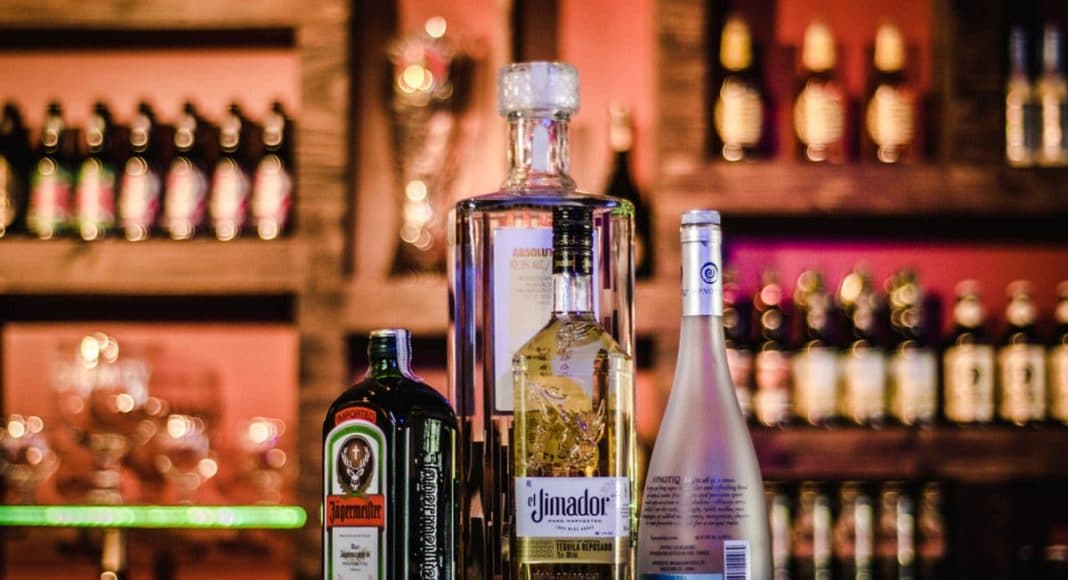One of the most popular selling points for legal marijuana is that it is safer than alcohol. Although you’d be hard pressed to convince US Attorney General Jeff Sessions of this, there is a growing body of evidence that shows Americans could be leading healthier lives by replacing booze with bud.
In fact, the latest study shows that marijuana is less of a detriment to the human brain that its boozy counterpart. So, is it possible that more people could keep their mental faculties longer by switching to marijuana?
According to the scientific minds at the University of Colorado-Boulder, the answer is yes. And they have the data to prove it.
In a recent exploration of hundreds of teenagers and adults, researchers set out to learn more about how inebriating substances affect the brain. What they discovered was alcohol caused lower levels of grey and white matter tissue. Both of these components are essential for healthy brain function. This is bad news for people with a history of alcohol use. But there is a silver lining. The study found that marijuana did not cause any long-term structural changes to the brain.
-
Related Story: The Key To Treating Alcoholism With Medical Marijuana
Co-study author Kent Hutchinson told Medical News Today that marijuana consumption has “nowhere near the negative consequences as alcohol.”
There is still a lot the scientific community does not know about marijuana. But with each dig into the cannabis plant, we are learning that it has more pros than cons. The latest study, which was published in the journal Addiction, only seems to further support marijuana being safer than alcohol. But not everyone in a white lab coat is excited over the findings. This is due to a lack of consistency on the subject from study to study.
“When you look at these studies going back years, you see that one study will report that marijuana use is related to a reduction in the volume of the hippocampus [a region of the brain associated with memory and emotions]…The next study then comes around, and they say that marijuana use is related to changes in the cerebellum or the whatever,” Hutchinson said.
Although more research is needed before we fully understand what marijuana and alcohol does to the brain, most Americans are already convinced that weed is the smarter choice.
Earlier this year, a report from global research firm DIG Insights found that 30 percent of the population believes alcohol is “very harmful,” while only 16 percent felt the same about marijuana. Considering the health trends we have witnessed over the years, it is conceivable that marijuana could one day become the inebriant of choice in the United States. Unfortunately, the federal government will need to legalize the leaf at the nation level before these types of changes ever have a chance at happening.


